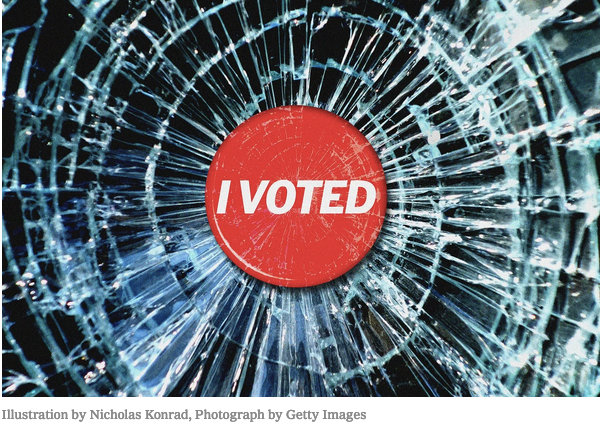If you were looking for the perfect distillation of how dysfunctional the American system of electing the president is, it would be hard to top last week’s federal appeals court ruling allowing “electors” — the members of the Electoral College — to vote for whomever they want, rather than the candidate they were pledged to support.
“Wait,” you might say, “someone I’ve never even heard of can just throw out my vote for president?”
Well, yes. Or maybe not.
First some background: Micheal Baca was a Democratic elector in Colorado in 2016, pledged to Hillary Clinton, who won the state. Mr. Baca believed Mr. Trump’s electoral victory posed an existential threat to the country, so he began a campaign, with a Democratic elector in Washington State, to persuade electors of both parties to break their pledges and vote for someone they might agree was qualified for the job — like John Kasich, the former Ohio governor and 2016 Republican presidential candidate. If there were enough “faithless electors,” either Mr. Kasich would be president or the electoral vote would be deadlocked and the election thrown to the House.
While almost no one else joined Mr. Baca’s cause, he cast his ballot for Mr. Kasich anyway, in symbolic protest. In doing so he broke a Colorado law requiring electors pledged to the person who wins the state’s popular vote to cast their ballot for that candidate. The state replaced him with an elector who voted for Mrs. Clinton. Mr. Baca sued, saying that Colorado’s law — similar to those in more than two dozen states — violated his right to cast his electoral vote however he chose, as the framers intended.




